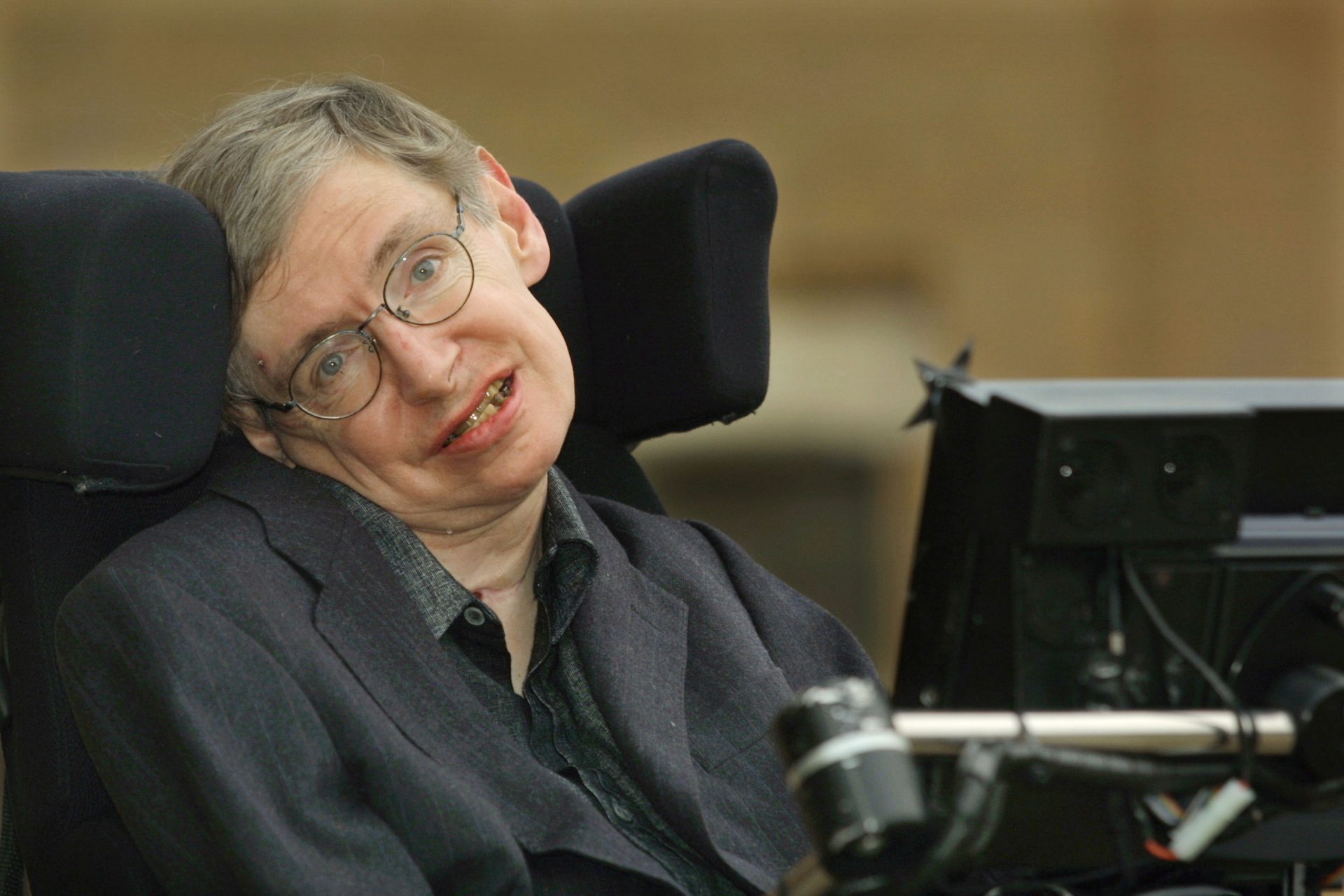Do those who never have children regret it later in life?
Raising children can be one of the greatest and rewarding experiences of a person's life but do those who never have a kid come to regret their decision? Here's what the science says about people who are childfree for life.
In 2022, researchers from Michigan State University found that roughly one in five adult Americans didn’t want to have children and preferred to live a child-free life, results that shocked the researchers at first, and then made them very curious.
“We found that 21.6% of adults, or about 1.7 million people, in Michigan, do not want children and therefore are ‘childfree,” wrote Zachery Neal, an Associate Psychology Professor at Michigan State and a co-author of the study.
The study also posed a serious question for co-author Jennifer Watling Neal, who discovered during the course of the investigation that people—women specifically—were often told that they would regret their choice not to have children.
“People are making the decision to be childfree early in life, most often in their teens and twenties,” Watling Neal wrote, adding that “women who decided in their teens to be childfree are now, on average, nearly 40 and still do not have children.”
Watling Neal gathered data on whether or not those who decided not to have children regretted the choice and found that most didn't, but decided to run a second similar study one year later with a new group of participants to definitely prove what child-free people thought of their life choices.
The new study confirmed earlier findings that one in five people generally do not want children, and it gave researchers more data on the happiness of those who made the decision to live without children in their lives.
“We found that 20.9% of adults in Michigan do not want children, which closely matches our earlier estimate of 21.6%, and means that over 1.6 million people in Michigan are child-free,” Watling Neal said according to a Michigan State blog post.
“Michigan is demographically similar to the United States as a whole, so this could mean 50 million to 60 million Americans are child-free,” Watling added.
Some of the participants did express some concern over the possibility that they might regret their decision someday, but on the whole, the researchers said they found no evidence that older adults regretted their life decisions more than adults with children.
“In fact,” wrote Zachery Neal, “older parents were slightly more likely to want to change something about their life,” something not seen in the childless participants.
Evidence presented by the Michigan State studies on child-free happiness doesn't stand alone. Several other recent studies have shown that those who actively choose not to have children don’t regret their decision and aren’t less happy than people who do.
In 2016, a Princeton and Stony Brook University study found that people without kids had “very little difference” in their life satisfaction across all spectrums of income, education, religion, and health according to CNN’s Kelly Wallace.
Arthur Stone was a co-author of the Princeton study and tried to explain to Wallace why some people could be happy without children in a very interesting way: “I choose an orange because I like oranges. You choose an apple because you like apples.”
There’s no reason to think that your experiences should be any better than mine,” Stone continued. “The orange is different than the apples. Having kids is different than not having kids. It doesn’t mean that one is … intrinsically better.”
The point Stone was trying to make was that happiness is nuanced and can differ between people. For some, the idea of having and raising a child is what gives them their happiness while for others the ideas of freedom and stability give them theirs.
“While having kids does boost your life satisfaction, it comes with a tremendous amount of responsibility and daily stress,” wrote CNBC’s Cory Stieg. “This results in a rollercoaster of very high highs and lows over the course of their experience of parenthood.”
More for you
Top Stories






























